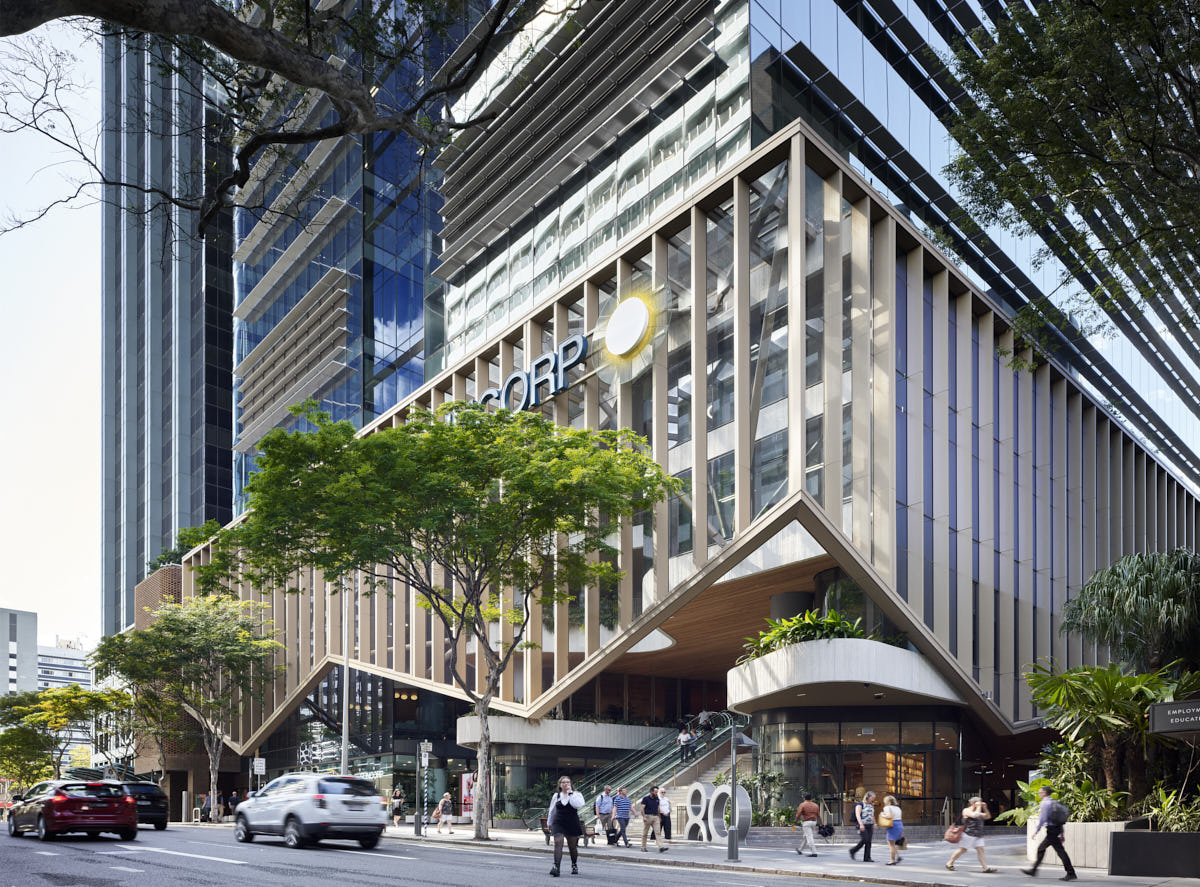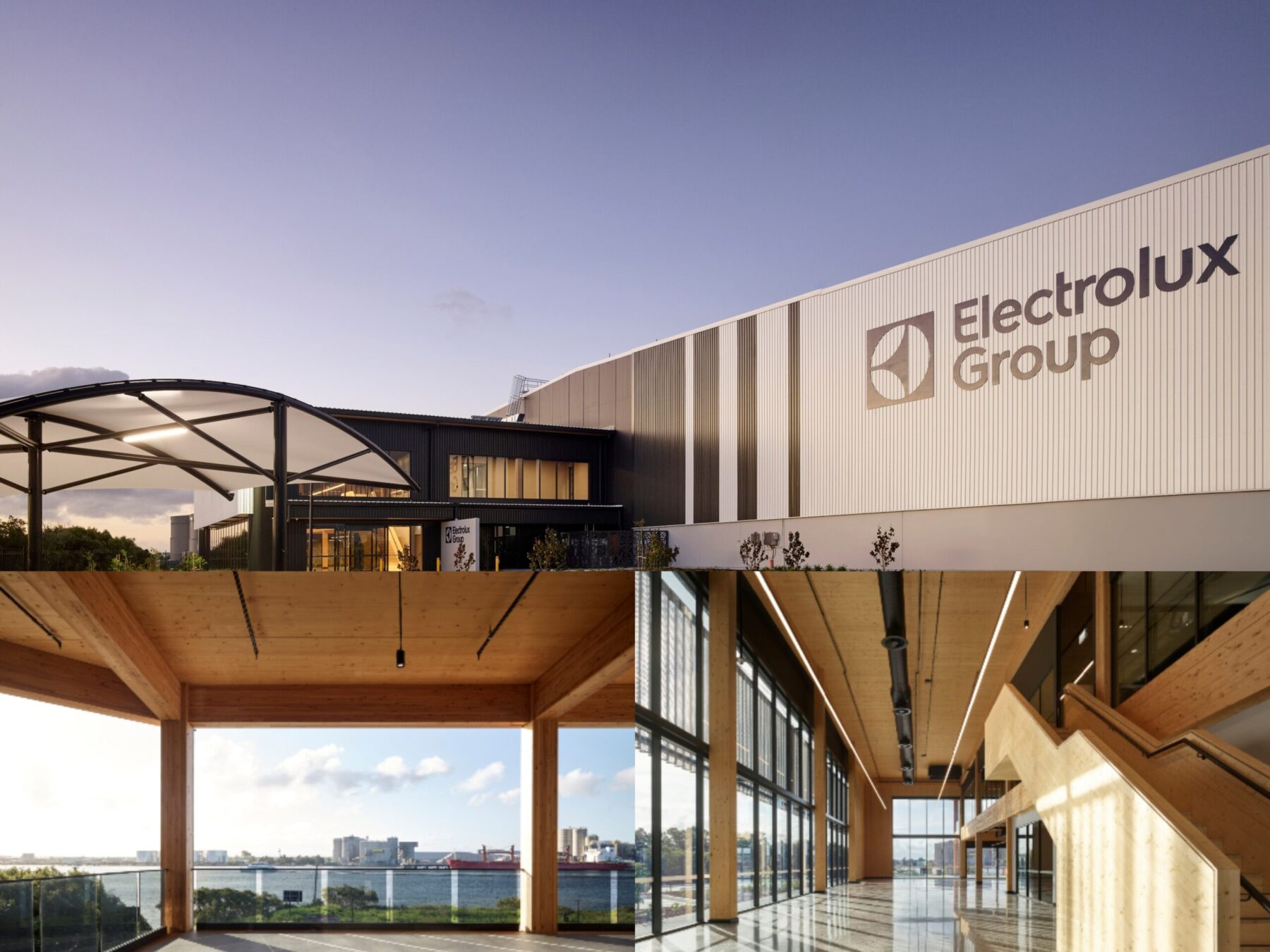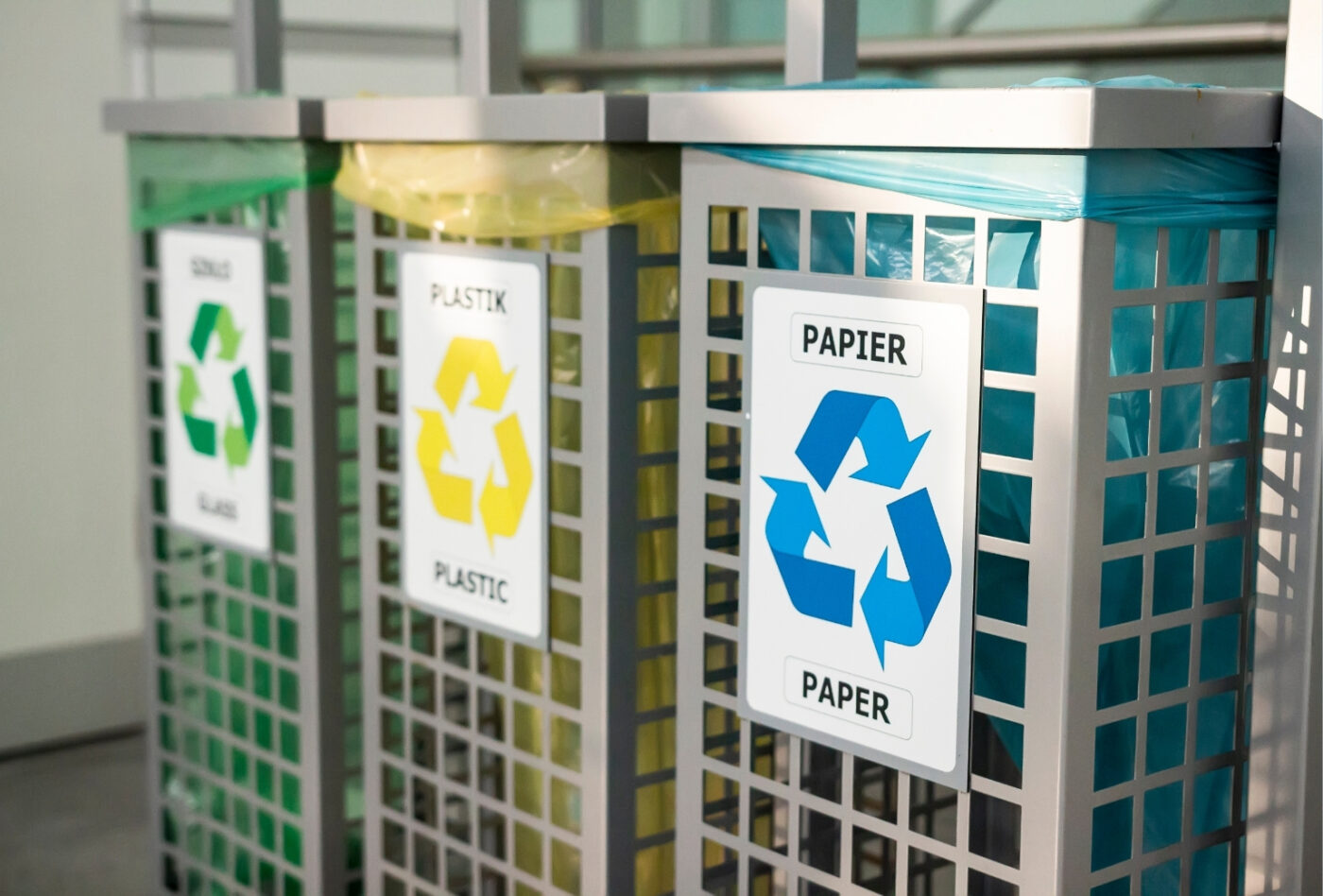
JLL and LaSalle’s Global Real Estate Transparency Index (GRETI) ranks Australia 5th in the world for the most transparent markets for environmental sustainability and the leader in the Asia Pacific region.
The Index rates Australia (across all performance criteria) as 4th in the world overall out of 94 countries for real estate transparency and one of only three countries globally (UK, Australia and Canada) to have a top 10 ranking across all six performance topics.
Australia performed exceptionally strongly in the index across six themes – Investment performance, Market fundamentals, Listed Vehicles, Regulatory & Legal, Transaction Processes and Sustainability.
The findings from the proprietary biennial Global Real Estate Transparency Index, (GRETI) from JLL and LaSalle (NYSE: JLL) provide a unique benchmark of market transparency for property investors, developers and corporate occupiers.
Australia is one of just 12 markets across the world that is rated by the index as ‘highly transparent’.
JLL Head of Research – Australia, Andrew Ballantyne said, “Transparency is one of the most important considerations for global investors seeking geographical diversification in their real estate portfolios. We have observed a strong relationship between transparency and cross-border investment flows and this is part of the explanation for why Australia receives a disproportionately high share of cross-border investment.”
Mr Ballantyne said, “While Australia remains the most transparent real estate market in Asia Pacific, the region is on a journey towards higher transparency. Japan has entered the highly transparent tier for the first time and Singapore is on the cusp of high transparency.”

Chief Executive Officer of JLL Australia & New Zealand, Dan Kernaghan said, “Sustainability transparency will be an increasingly important metric in the current era of climate accountability. Investors need to be able to report the sustainability performance of their portfolios to attract capital and this is significantly easier to do when sustainability reporting standards are clear, transparent and independent.
“Australia is ahead in this journey but we should not become complacent and there continues to be significant work to do in this area. Australia’s national rating system for environmental performance, NABERS began two decades ago. It’s worth noting that the number of buildings with a current 5.5 or 6 Star rating still remains low, with 249 assets out of 4,150 office buildings nationally achieving these benchmarks as at Q2 2022.
“To keep ahead of the pack, we need to keep our focus on sustainability ratings,” concluded Mr Kernaghan.
Australia ranks in top place in Asia Pacific for 5 of the 6 key themes that are measured in GRETI and has a global Top 10 ranking in all six areas.
For one of these areas – market fundamentals – Australia has among the longest and most granular sets of market data available for core sectors. We are also now among the top 10 markets in the world for data on alternative property types.
In the Listed vehicles criteria, as one of the oldest and most institutionalised REIT markets globally Australia is placed as joint top.
Real Estate Transparency in APAC – Global ranking by 6 performance criteria/sub-indices (Markets in the Global Top 10)

Global Real Estate Transparency Index (GRETI)
JLL and LaSalle’s Global Real Estate Transparency Index (GRETI), which is published every two years, is a unique benchmark of market transparency for property investors, developers and corporate occupiers. The index evaluates the legal and regulatory environment, enforcement mechanisms and data availability and provides a global comparison of operating conditions across a wide range of geographies. This year’s 12th edition includes 254 individual indicators to assess market transparency across 94 countries and territories and 156 cities globally.
Improvements in the global results of this year’s survey reflect a post-pandemic focus on sustainability, increased adoption of real estate technology, investment in alternative sectors and better data availability.
For the first time in the Index’s history, Japan has been included in the list of ‘Highly Transparent’ markets, as it pushes forward net zero carbon goals through higher building standards and transparency around climate risk reporting.



